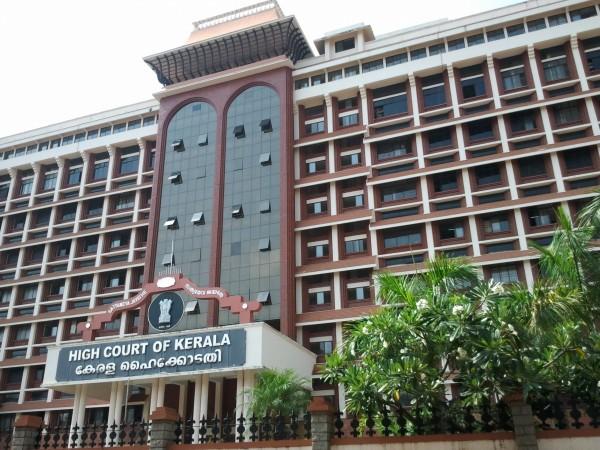
A PIL has been filed in the Kerala High Court which challenges the action of the Government of India wherein the 3 new criminal laws of the country have been given Hindi names.
The 'Bharatiya Nyaya Suraksha Sanhita' (erstwhile Indian Penal Code), 'Bharatiya Nyaya Sanhita'(law on criminal procedure) and 'Bharatiya Sakshya Adhiniyam'(law on evidence) which were passed in 2023, will be effective from 1st July 2024.
The contention put forward in this case is that the Hindi names are difficult to pronounce and that English names should be used instead.

What is the issue?
The petition was filed by advocate P.V. Jeevesh before the division bench comprising Chief Justice A J Desai and Justice V G Arun.
The plea requests the Court to declare the action of the Government giving Hindi/ Sanskrit names to the Acts as 'ultra vires'. It further asks the Court to direct that English nomenclature be provided to the three Acts and declare that the Parliament cannot give name to the Acts in any language other than English.
The Hindi nomenclature has been contested under Article 348 of the Constitution which says that the "authoritative texts of all Bills to be introduced or amendments thereto to be moved in Parliament or State Legislatures and all Acts passed by the Parliament or State Legislature and all Ordinances passed by the President or the Governor shall be in English language." The plea contends that the nomenclature of a legislation falls within the purview of the section.
Article 348 has been put in place recognising the widespread use and general acceptance of the English language being the most common language option amongst linguistic groups in the country and thereby helping to bridge the gaps. The petition termed the the action of the Government as 'linguistic imperialism' and highlighted the difficulties which were likely to arise.
According to the filing, "The nomenclature in Hindi and Sanskrit languages for these legislations would create confusion, ambiguity and difficulty for the legal community of non-Hindi and non-Sanskrit speakers, especially those belonging to the southern part of the nation. Moreover, the names provided for these Acts in the aforesaid languages are hard to pronounce for non-Hindi/ non- Sanskrit speakers. Therefore, it violates the fundamental right, enshrined under Article 19(1)(g) of the Constitution, of the members of legal fraternity."
Linguistic diversity an issue:
The language issue has been contentious over the years with many states raising opposition to the imposition and dominance of Hindi in the public discourse. While there are many legislations which use local and national level language nomenclature, these legislations also have an appended English name. This case will hopefully set a common ground for the future.












